COP28: Tanzanian women and integrated efforts for climate change
Dar es Salaam. There are a few days left until the end of the 28th Conference of Member States of the United Nations Convention on Climate Change (UNFCCC-COP28) in Dubai, United Arab Emirate, which will be concluded on December 12, 2023.
Resolutions and parties’ positions have been observed, and various agreements have been reached. At least 19,000 people participated, of which more than 600 Tanzanians were among them.
Knowing that we conducted interviews with three Tanzanian women participating in the meeting to establish the relevance of their participation in the meeting and how they can motivate other women to take advantage of the existing opportunities.
Children, women, and inclusion

We spoke with the founder and director of the non-governmental organization Call for Environmental Conservation (CFEC), Upendo Mwakyusa, who said she is implementing a project for women, children, and youth that aims to promote the rights and justice of those groups.
Explaining the projects, she said, “We aim to ensure that these groups are not left behind in the climate change space. For example, for the children’s project, we have prepared books with simple language and engaging content that educate them about climate change and environmental conservation. We found out that the languages we use are not interactive for children, instead of being an important group and the future”.
She says that the meeting that brings together leaders, implementers, policymakers, decision-makers, and people from different backgrounds and communities is important for youth, women, and children to participate in because every action is important and every decision is influencing all.
“We have presented our projects, and we are learning from others, successes and challenges that we take as lessons. When we return home, we identify what to implement with the goal of achieving climate justice.”
Talking about how they are reaching children, Upendo said, “We visit schools, we teach them practically, things like cleaning, taking care of and waste sorting, planting trees, and through art cafés, we give them the opportunity to draw any picture that portrays or gives a message about climate change and the environment.”.
She added that they are now preparing storybooks about the environment and climate change that reflect the abilities and understanding of children.
Extended Producer Responsibility (EPR): A way for Tanzania
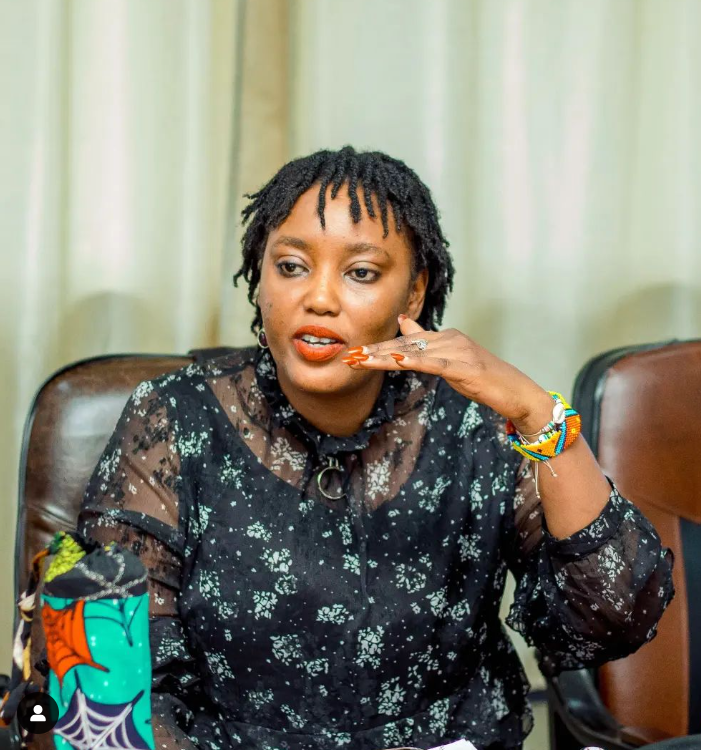
Director of the non-governmental organization Human Dignity and Environment Care (Hudefo), Sarah Pima, said that despite having many projects, she took on Extended Producer Responsibility (EPR), knowing the harm plastic waste gives to the environment.
It is also a new project in Tanzania, and there is no law or policy that holds plastic producers account. In COP28, the first “Waste to Zero Initiative” was introduced. Partnerships and initiatives aim to advance sustainable urban development.
Speaking about EPR, she says it aims at creating awareness among the community and policymakers to come up with strategies that will give responsibility for cleaning the environment to plastic producers, something that does not exist in Tanzania.
“The world aims to reduce emissions so that we can achieve 1.5 degrees Celsius by 2030. If you look at the cycle of plastic, every time it decomposes, it emits greenhouse gases (GHGs), so it is important to control plastic waste,” she said.
She said plastic waste, despite producing GHG, destroys biodiversity, poisons the ocean, and harms the environment. So they have chosen the issue so they can learn best practices from other countries and show efforts by Tanzania.
Sarah added, “Despite the fact that our country does not have a law to hold producers accountable, we continue to educate the community on how to store and sort the waste because, although on a small scale, there are those who recycle them, especially in urban areas. Also we teach them alternative use of some waste such as charcoal and ornaments”.
She added that among the Nationally Determined Contributions (NDCs) by Tanzania is waste management, so they support that effort.
Meanwhile, Sarah advised Tanzanian women to grab opportunities, citing as an example their participation in the program launched by the government on cleaning cooking energy for women.
“We can find solutions to existing challenges… there are various things we can do in the value chain of these issues, and we can get funding from the government or the private sector,” she said, giving examples of smart stoves.
She said that in order to achieve this, youth and women need to improve themselves by reading, collaborating, being mentored by experienced people, and getting guidance on these things to increase their understanding and their ability to participate.
“Let’s not complain; let’s ask for help. The government is there to listen to us, but even the stakeholders are there. I also give a call for stakeholders to participate and hold hands with these groups,” she said.
Young presented at high-level meetings

We also interviewed Shamim Nyanda, who is the founder of the Doors of Hope Foundation, which is involved in providing education and empowerment by showing opportunities to youth and women on climate change.
Shamim said that what she is doing at COP28 is to look at how young people and women are involved in various decisions and discussions as a representative of those groups.
She says she is doing so because she also works as a youth advisor at the Dutch Ministry of Foreign Affairs on international policies, realizing that the largest group of people in the world are young people and women.
She added that “I’m participating in the debates about funding for climate change, especially for developing countries like Tanzania. We are aware that now the country has experienced floods, which you can say resulted from this matter, but there is no money to deal with such disasters”.
She said that because President Samia Suluhu Hassan is part of the Global Center on Adaptation (GCA), they participate in discussions because these funds are important to the country.
Shamim said she is also a member of the YOUNGO (official children and youth constituency of the UNFCCC), so she participates in ongoing high-level discussions, especially regarding the global stocktake on climate change and the NDCs.
She also participate in discussion about climate anxiety for young people to discuss how they are involved and how they think about the future, what will happen due to disasters, and the effects that occur. “We are looking at how to get a chance to involve young people to express their feelings, change those feelings into actions, and increase their participation,” she added.
She mentioned other discussions, noting that “debts to African countries are high, so I am involved in discussions to see how our countries debts can be exonerated and not swapped so that instead of focusing on paying debts, the money can be used in efforts on climate adaptation”.
Additionally, Shamim said that she is working on establishing a Tanzania Ocean Climate Innovation Hub that will work to oversee ocean conservation, ocean science, and ocean entrepreneurs.
As a result, she says on Ocean Day at COP28, which is December 9, 2023, on the Pavillion of Tanzania, she will host a discussion on the ocean innovation hub that is expected to be established in the country and participate in another discussion on the conservation of marine resources.
This story was produced with support from MESHA and IDRC Eastern and Southern Africa office.


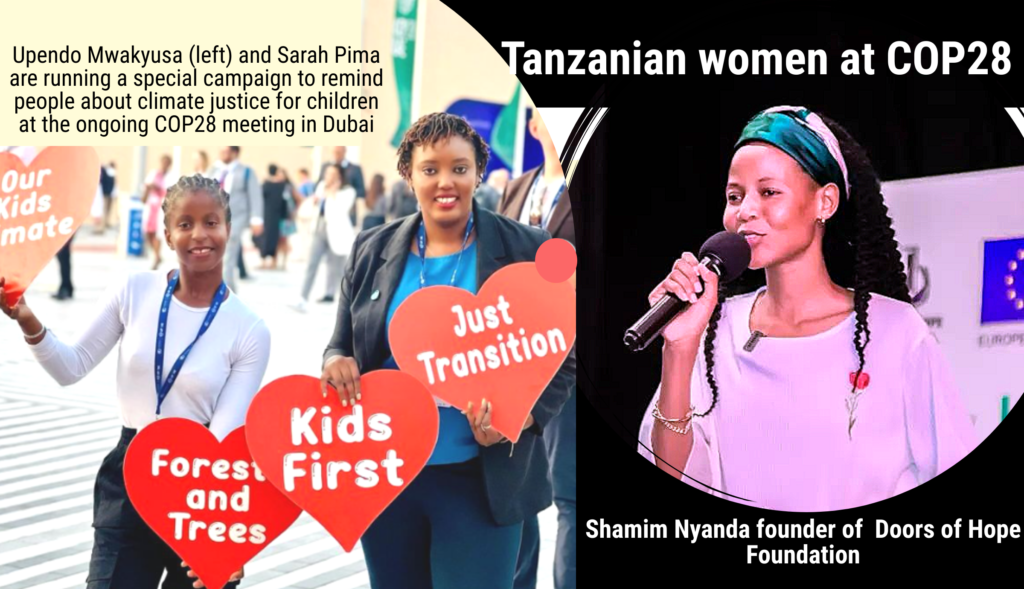
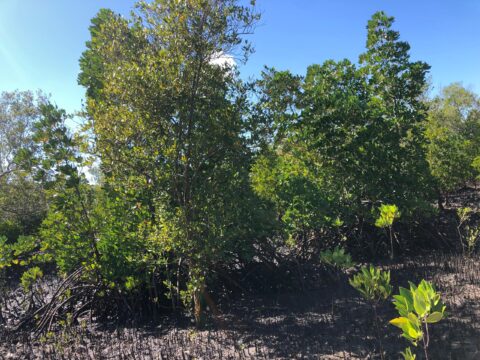
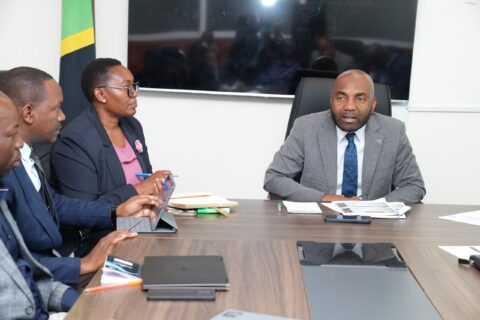
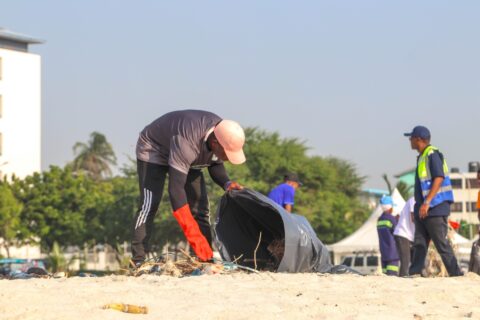
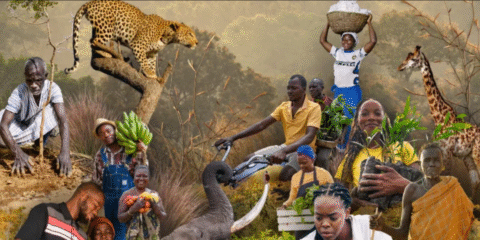
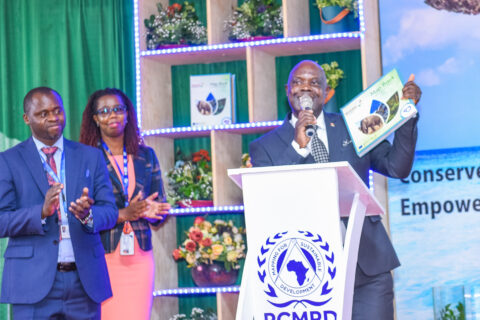
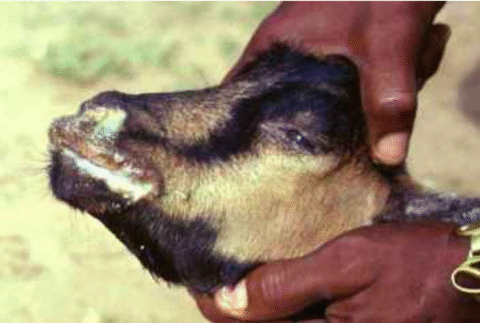
Your article helped me a lot, is there any more related content? Thanks!
I don’t think the title of your article matches the content lol. Just kidding, mainly because I had some doubts after reading the article. https://www.binance.com/ka-GE/join?ref=RQUR4BEO
reading this weblog’s post to be updated daily.
This blog is such a valuable resource. You’re doing great work!
Com tanto conteúdo e artigos, alguma vez se deparou com problemas de plágio ou violação de direitos de autor? O meu site tem muito conteúdo exclusivo que eu próprio criei ou